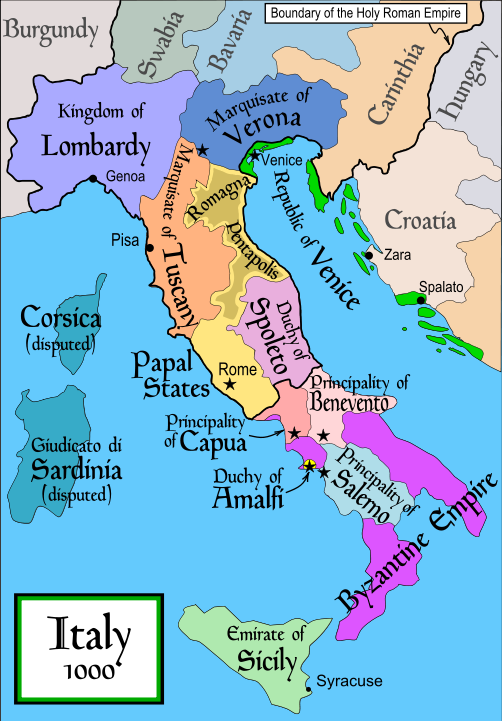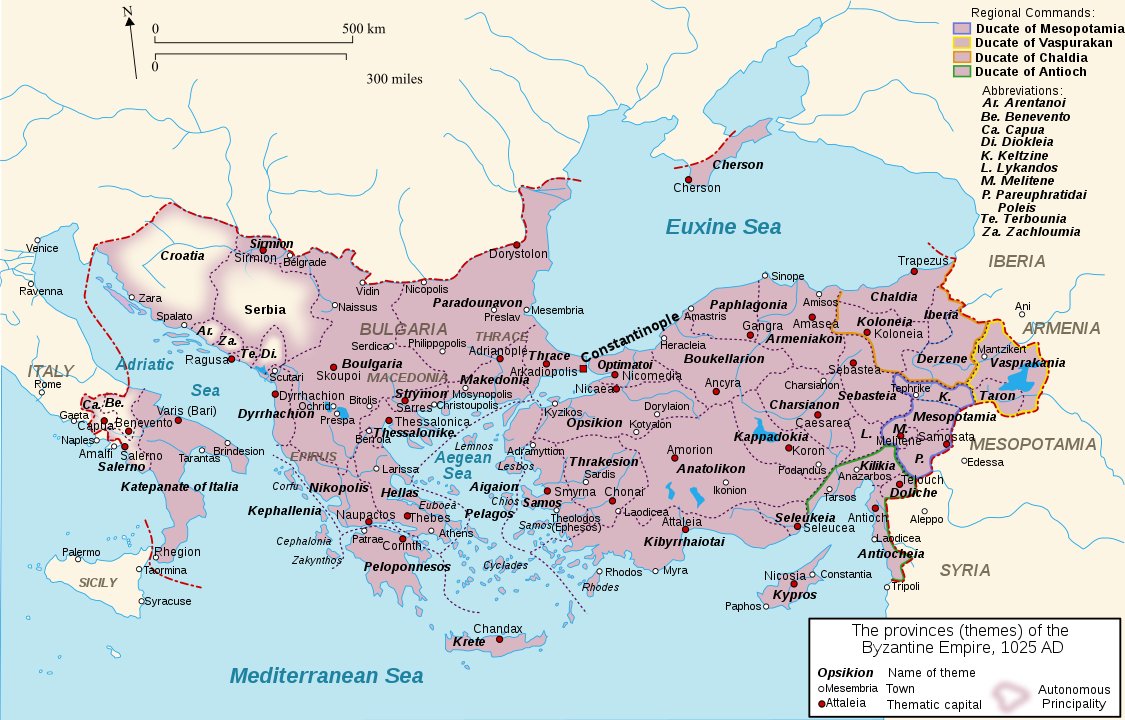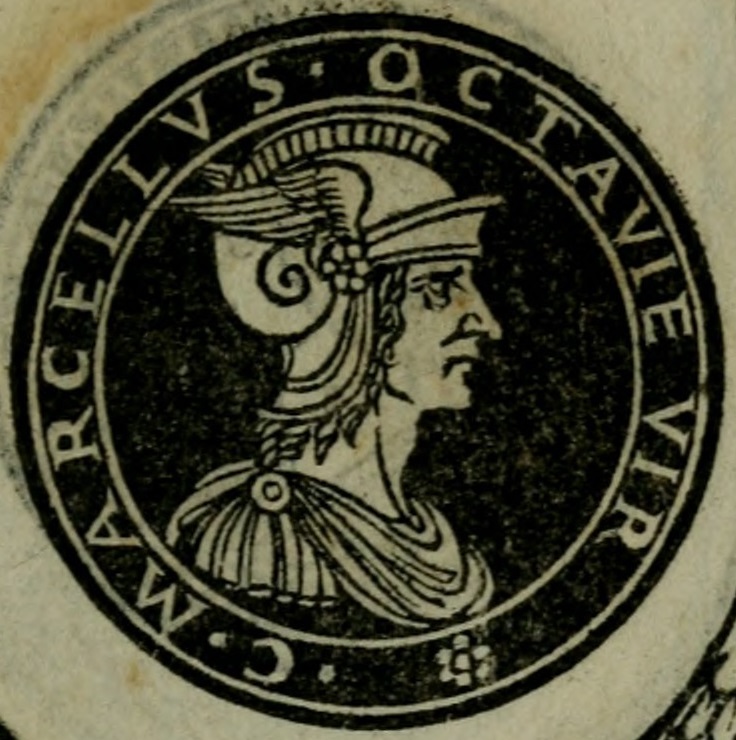
Long long time ago, there was a large basin eagerly contested by many people. Then, ten tribes came over the mountains, first as mercenaries invited by an Emperor and later as invaders, and settled on it. And they were led by a legendary figure.
Story in the evening ...
Story in the evening ...
https://twitter.com/Arby_K/status/1333599356721631234
Árpád was born around 845 to Álmos, the leader of seven Magyar tribes that lived near River Dniester and the basin of River Danube. Not much is known about their people, but three more tribes, the Kavars, later joined the confederation, which was called On-Ogur (Ten Arrows). 1/10 

Árpád is said to have led the On-Ogur in battle against Bulgars in 890s working for Byzantium, while another leader, Kurszán, led forces against Moravia, for Emperor Arnulf of East Francia. At the same time, the Pechengs would invade On-Ogur homeland forcing them to leave. 2/10 

The region they left for was once the base for the Avars who once threatened the Balkans in the 6th century. In 796, they had been defeated by the Franks led by Pepin, son of Charlemagne, and their region was made part of the vast Carolingian Empire. 3/10 

As the Bulgar, the Moravians and the Franks claimed the region, the Magyars would cross the mountains encircling the region and seize it. The former Avar region would be the base for Árpád's men for centuries. It was also around this time that Álmos is supposed to have died. 4/10 

Europe would see continuous raids from the On-Ogurs in the first decade of 10th century. Kurszán was supposed to have been killed in 904, when the East Frankish King Louis called them for negotiations and killed them instead. 5/10 

In 907, the On-Ogur, perhaps led by Árpád, would defeat the Bavarians at Brezalauspurc, near Bratislava. By then their hold over their new territory was complete. After 907, their raids became sporadic as they settled down. It is likely Árpád had died by then as well. 6/10 

Till 955, the On-Ogur conducted many raids and had many battles in the continent, many of them victorious. After victory at Püchen against East Franica in 919, they would negotiate for peace after capture of a Magyar leader. The line of Árpád would continue to lead them. 7/10 

In 955, the On-Ogur would be defeated decisively by Otto, King of East Francia. By then, a grandson of Árpád, Taksony, had become their leader. His son, Geza, would open diplomatic relations with the west in 973. 8/10 

Geza's son, Vajk, having accepted Christianity earlier, would be crowned as King István by the Pope on Christmas Day in 1000. He would also lead the conversion of Christianity of the On-Ogur, who would be later known as the Hungarians, a corrupted format of On-Ogur. 9/10 

The Árpád dynasty would rule Hungary till 1301, with a brief break from 1038 to 1046. The Kingdom of Hungary would add Croatia and Slavonia in 1190s, but would be split into three briefly by Habsburgs & Ottomans after 1526, and would lose Transylvania & Slovakia after WWI. 10/10 

• • •
Missing some Tweet in this thread? You can try to
force a refresh














